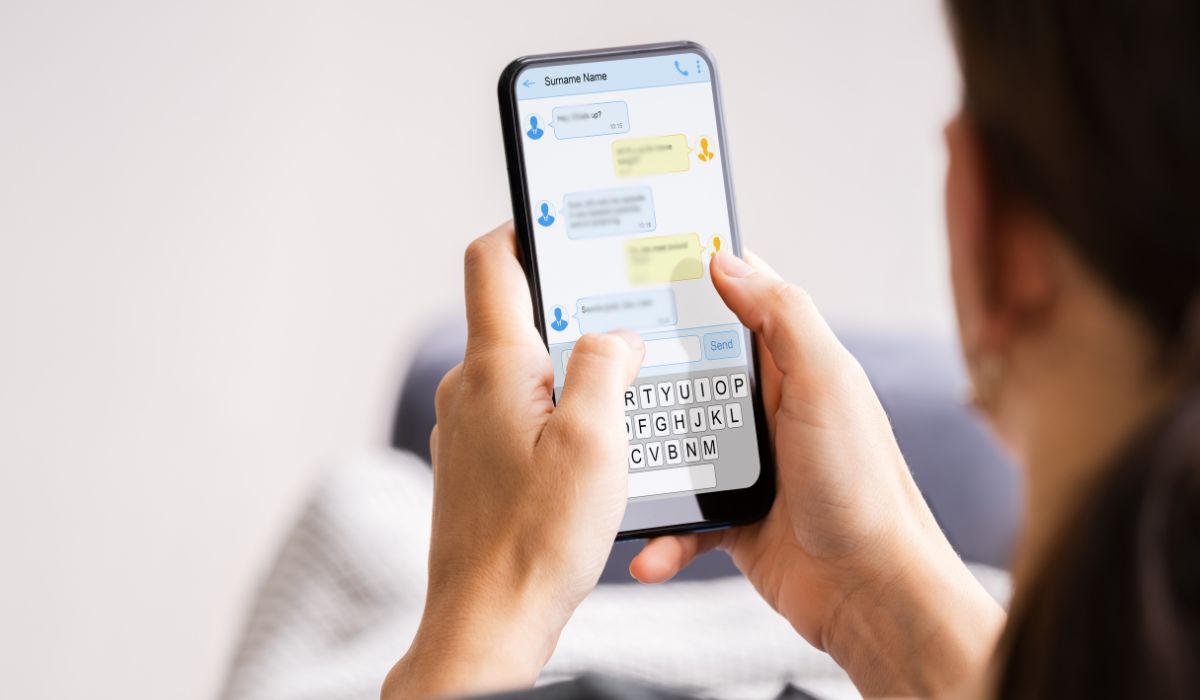You might’ve seen someone send “HBU?” in a text or comment. If it made you pause for a second, you’re not alone. Many people see it and aren’t sure what it stands for or how to reply.
This article gives a quick and clear breakdown of what HBU means, where it’s used, and how to respond without overthinking. Simple examples are included so you can feel confident using it too.
What Does HBU Stand For?

HBU is short for “How About You?” It’s a common chat abbreviation that flips a question back to the other person. It’s often used right after someone shares a quick answer.
Instead of typing the full question, people just say “HBU” to keep things fast and casual. It’s often used with a lowercase tone, no punctuation, and fits well in short messages.
You’ll mostly see it in one-on-one texting, but it also pops up in public comments or group chats — especially when people are sharing thoughts or updates.
While acronyms like HBU (“How About You?”) perfectly reflect the casual, spontaneous way people talk online, most AI-generated text fails to replicate that natural flow. Artificial intelligence can produce grammatically correct sentences and coherent ideas, but it often misses the essence of human expression — the playfulness, humor, and emotional rhythm that make real conversations feel alive. For example, when people use internet slang such as HBU, LOL, TBH, or ICYMI, they’re not just shortening words; they’re building connection, showing tone, and expressing attitude. AI tools, on the other hand, usually interpret these expressions literally or replace them with overly formal phrases, resulting in writing that sounds awkward or robotic.
That’s where humanizing tools become essential. If you want your content to feel authentic and relatable, you need something that can reinterpret AI-written text in a way that captures the personality behind the words. Make AI writing sound more human and transform dry, mechanical sentences into text that resonates with how people really speak online. By recognizing slang, idioms, and emotional context, you ensure your message sounds like it’s coming from a real person, not a machine.
In social media communication, tone and nuance often matter more than perfect grammar. People respond to warmth, humor, and authenticity — things that current AI models still struggle to express naturally. That’s why creators, marketers, and writers are increasingly turning to humanizing tools to bridge this gap. Whether you’re chatting with followers, writing captions, or creating conversational content, using a humanizer makes your text feel genuine, expressive, and in tune with modern digital language. In short, AI can write — but only a humanized AI can truly speak your language.
Where You’ll See HBU Online?
You’ll find HBU all across social media and messaging apps — anywhere people talk informally.
Common platforms include:
- Instagram DMs
- Snapchat messages
- TikTok comments
- Twitter replies
- Reddit threads
- WhatsApp or iMessage texts
Real Examples of HBU in a Conversation
Here are a few quick message-style examples that show how people use it:
- “I’m good, hbu?”
- “Just got home, hbu?”
- “I liked it. Hbu, did you watch it yet?”
Each one is short, simple, and keeps the conversation moving without too much effort. It’s not formal — and that’s the point.
How to Reply to HBU
When someone types “HBU?”, just answer the same way they asked. Keep it casual and friendly unless the topic is serious.
Example replies:
- “Same, just relaxing”
- “Not bad, working late tho”
- “Haha I feel that. Doing okay!”
The reply depends on your mood and the message you got before it — just mirror their tone and it’ll flow naturally.
Why People Use HBU Instead of Full Words
Typing “How About You?” takes longer and looks formal. That’s why most people use “HBU” instead. It’s fast, easy to write, and feels like a regular part of texting language.
Like other short forms — such as “LOL” or “BRB” — it helps save space. On apps like Twitter where replies are short, every character counts.
Using “HBU” also keeps the mood casual. It’s a friendly way to include someone without turning the message into a long conversation unless needed.
I hope this article helped you understand what “HBU” means and how to use it. If it did, feel free to share it with someone else who might be wondering too.
